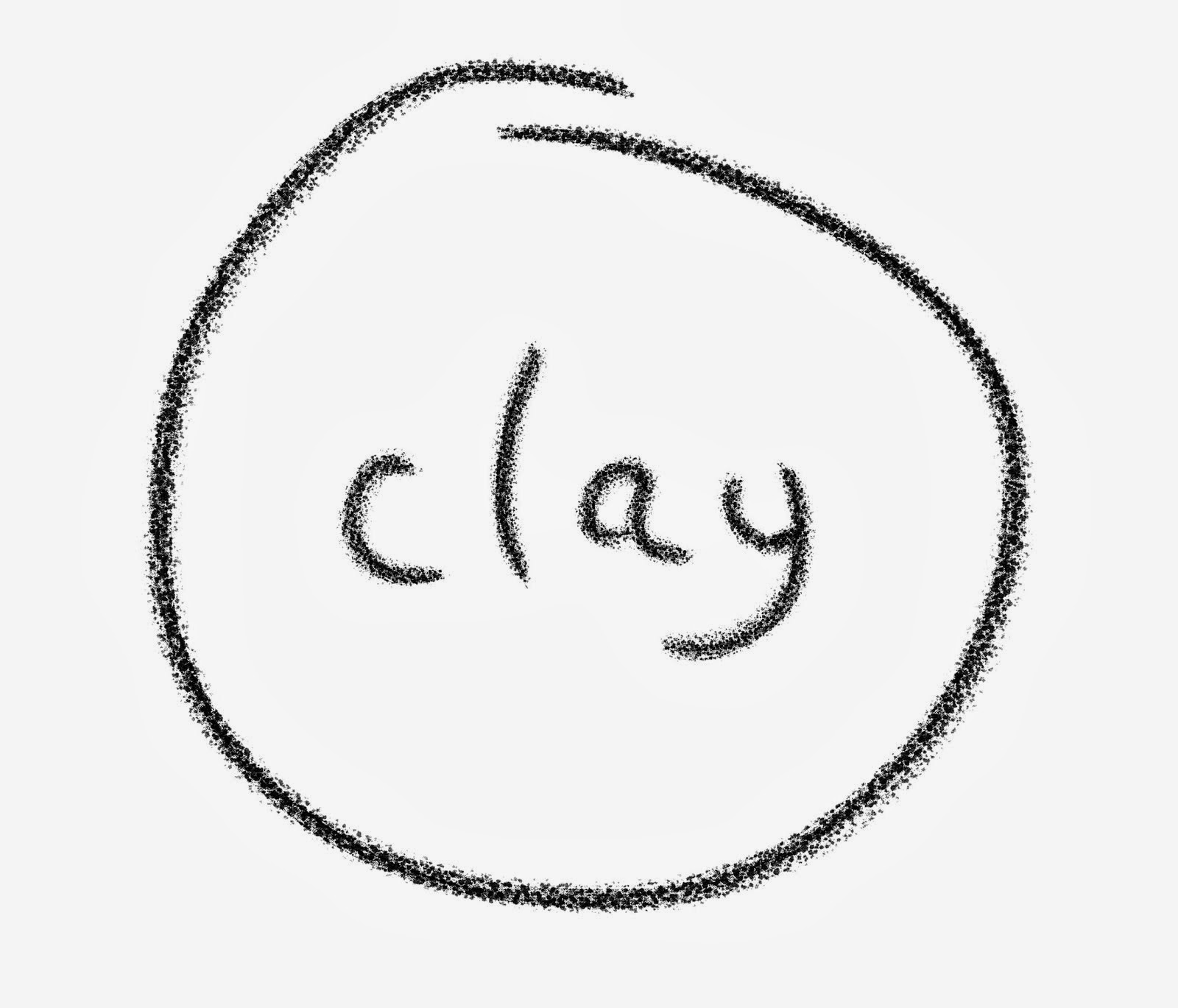 This is Dance (Day-ahnce). He's the one on the left. We met cutting rebar ties in Messailles, Haiti. And it only took him an hour or so to get comfortable enough around me to laugh at my multi-faceted inadequacies at everything manually laborious. It took me about a day for him to become one of my favorite people in the universe.
This is Dance (Day-ahnce). He's the one on the left. We met cutting rebar ties in Messailles, Haiti. And it only took him an hour or so to get comfortable enough around me to laugh at my multi-faceted inadequacies at everything manually laborious. It took me about a day for him to become one of my favorite people in the universe.Communication had its obstacles. He didn't know English, I didn't know Creole, we both knew about the same amount of French, which wasn't that much. For instance, when he asked me how old I was, I said trois cent trois which I thought might mean thirty-three, he just shook his head like I was crazy. "What?" I said. "Can't you understand numbers?" He grabbed a 2" x 4" and wrote 303 with his finger. "Oh," I said, wiping my palm over the imaginary numbers like I was erasing them. With my finger, I wrote two threes, blushed and smiled. I think he said he was 58. Either 58 or 78. Something with an 8 on the end.
I learned that he had six children. The oldest was sick; he was waiting to see a doctor. Dance took me by the hand and introduced me to him. I brought Lia over and assured Dance that my wife would personally see to it that his son would get better. We were walking back to the construction site when he stopped to look me in the eyes. He said, as best as I could understand,"That man in there is my first son. Mon enfant premiere!" Love was in his eyes. And I think what he was trying to say was that although his son was sick, that he was proud of him, that he would always be his beloved son in whom he was well pleased.
The next day, I met three of his grandchildren (I never caught how many he had). They had just finished morning classes and were showing him the box of goodies that one of them had received. It was her birthday (her name was Grace, I think she said), and she unwrapped a cube of grape Hubba Bubba for him to chew. And then she offered one to me. And I wasn't paying attention because I was holding back the tears at how beautiful it was to see Dance with his grandchildren eating Hubba Bubba in the middle of Haiti. And Dance got to his feet, put his arms on my shoulders and introduced me to his grandchildren. He called me his Dear Friend, Ned. And I leaned over to the three girls and said, "Votre grand-pere est une homme tres importante," which was as close as I could get to the words I wanted to say.
That night I started scheming about how I could smuggle Dance back to America with me, to help him escape a country that couldn't pay him more than 10 dollars a day (The average wage is 2), to give him a chance to retire and live his last decades in peace. He could come home with Lia and I. And we could go on walks and sit on the back porch and name the birds. I could teach him to watch television. And the more I got to thinking the more I realized that even if I figured out a way, Dance wouldn't go.
Why would Dance want to leave? Leave his healthy cow and house that he had built with his own hands? Leave his six children who all live within walking distance? Leave the opportunity to work right next to the school where his grandchildren go? Leave the fruit juice slushy he shared with one of them every day at 10am? Leave his home? He had everything a man could ever hope, wish or imagine.
And it got me to thinking, is all the stuff I have really that great? Does it make me any more happy? What am I missing that Dance seems to have in wheelbarrow loads? (Let me tell you, the man can haul a wheelbarrow.) Why does this land of plenty leave so many of us wanting? What if Haitians really have it better than we do?

Maybe they do. Maybe Dance does. But as I have marinated on all of this the last few weeks, what I have come to decide is that the stuff or lack of stuff that is in our equation is beside the point. The solution is somewhere else. What Dance embodied was contentment. He actually enjoyed mixing cement; he loved his son even when he was sick; he adored his family; he wanted his picture taken; he was proud of that healthy cow of his, the fruit trees that dotted his property. He was happy being Dance. He didn't want to be anyone else.
There were other Haitians I met that wanted something else - to be living somewhere, to be doing something, to becoming someone other than who they were becoming. They were the pictures of hopelessness, resignation and despair. And those were the images which broke my heart and most reminded me of so many of the faces I see every day back here in America.
Contentment is not the same thing as complacency. It is not the antithesis of motivation. Contentment is something else. As the Apostle Paul writes, "I have learned the secret of being content in any and every situation, whether well fed or hungry, whether living in plenty or in want." It is a secret Dance has learned.
So I went to Haiti for Dance to teach me. And maybe I do need to simplify, there probably is some stuff I need to get rid of, but I shouldn't fool myself into thinking that simplicity is the answer to my problems. And I shouldn't think that adding something will either. Contentment is found somewhere else entirely. That's what I began to learn in Haiti. That's what I witnessed in my dear friend Dance. That's what I hope will stay with me forever.




1 comment:
well put my friend. glad to hear about your journey in Haiti. may it be just the beginning of a great journey towards contentment. something i too would love to fully grasp as Paul did.
Post a Comment